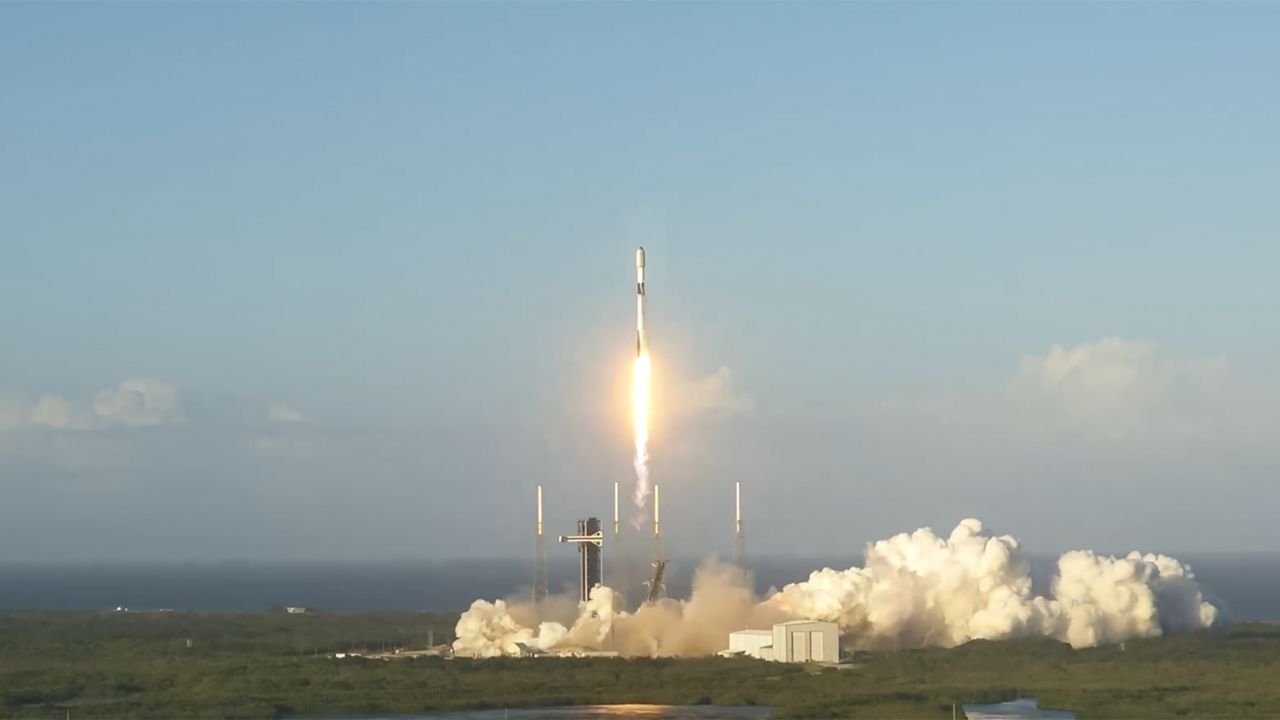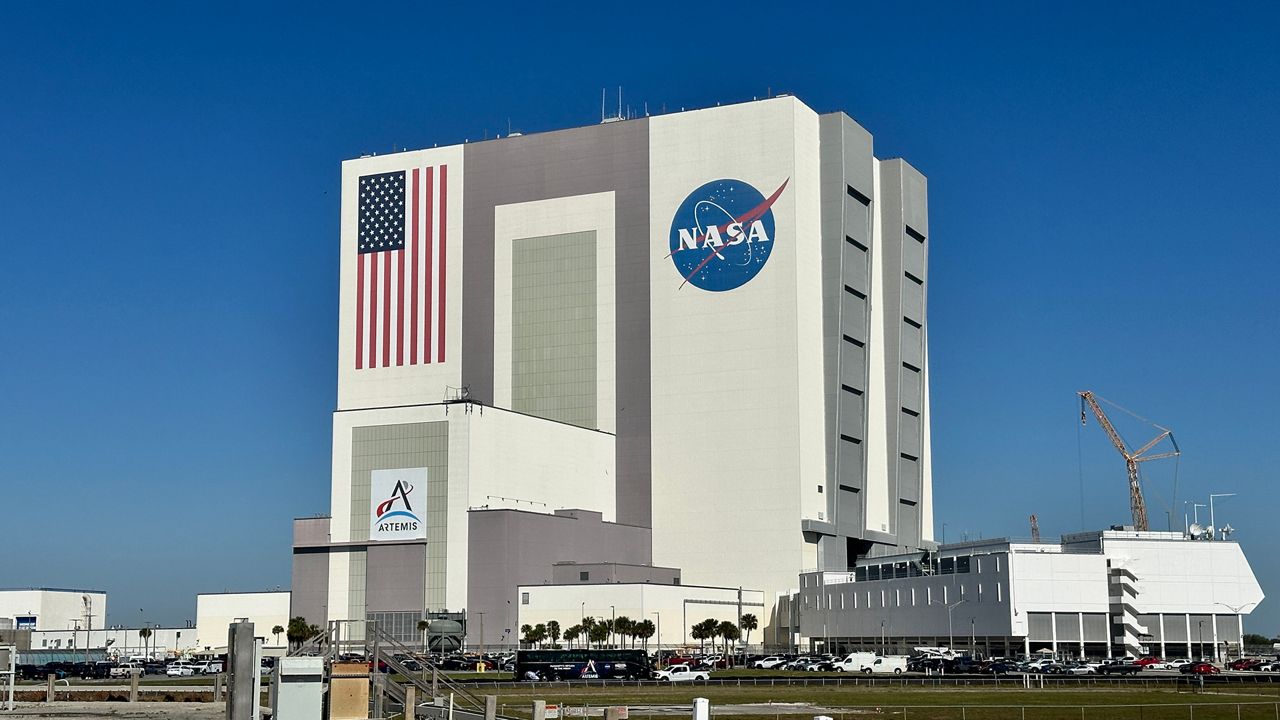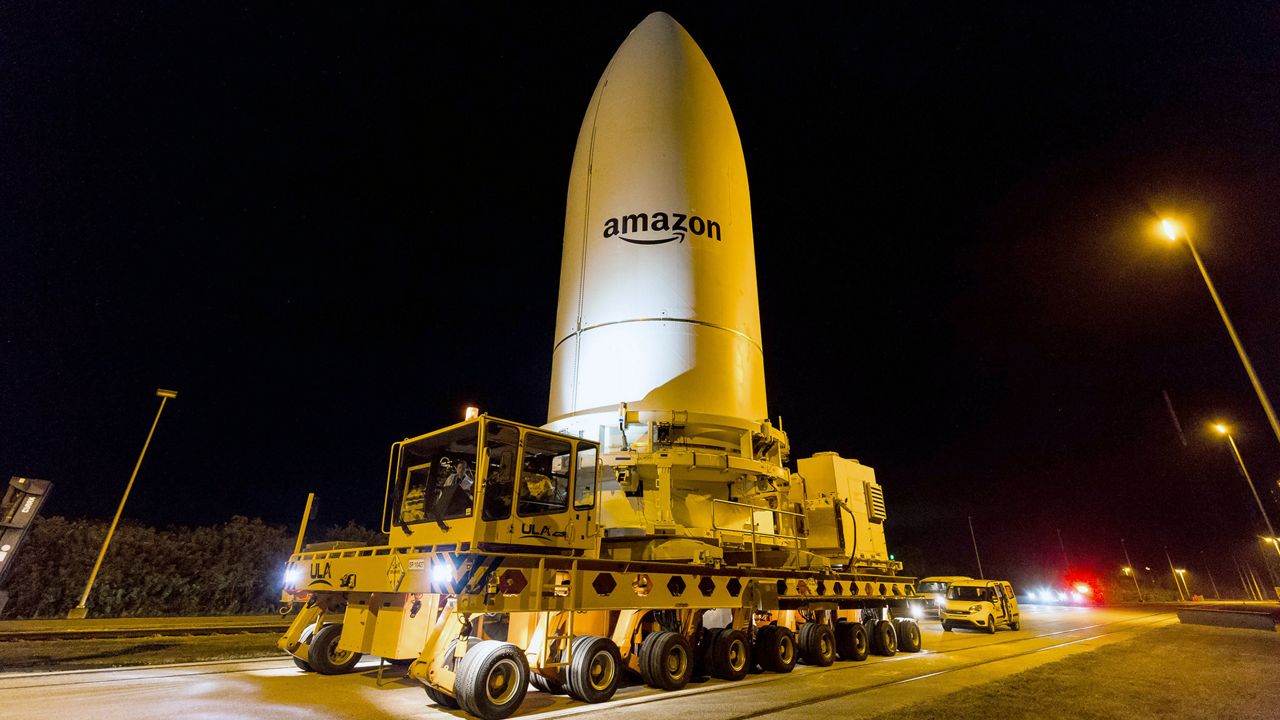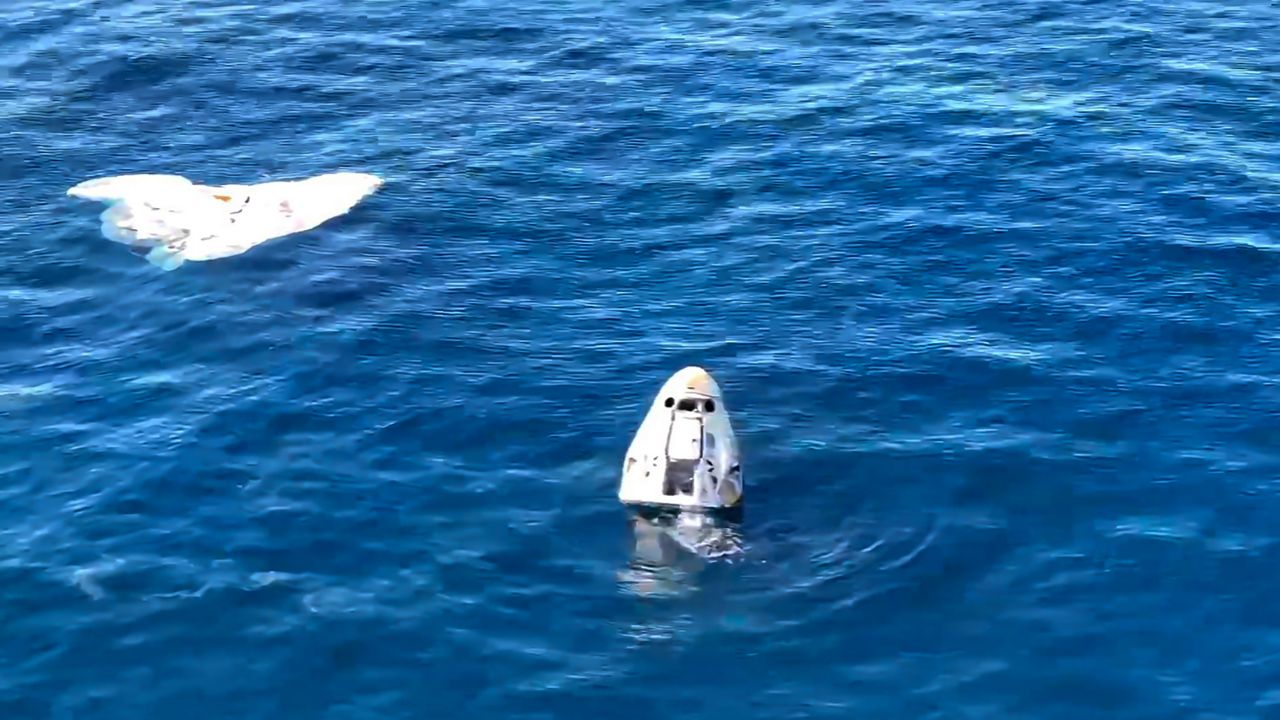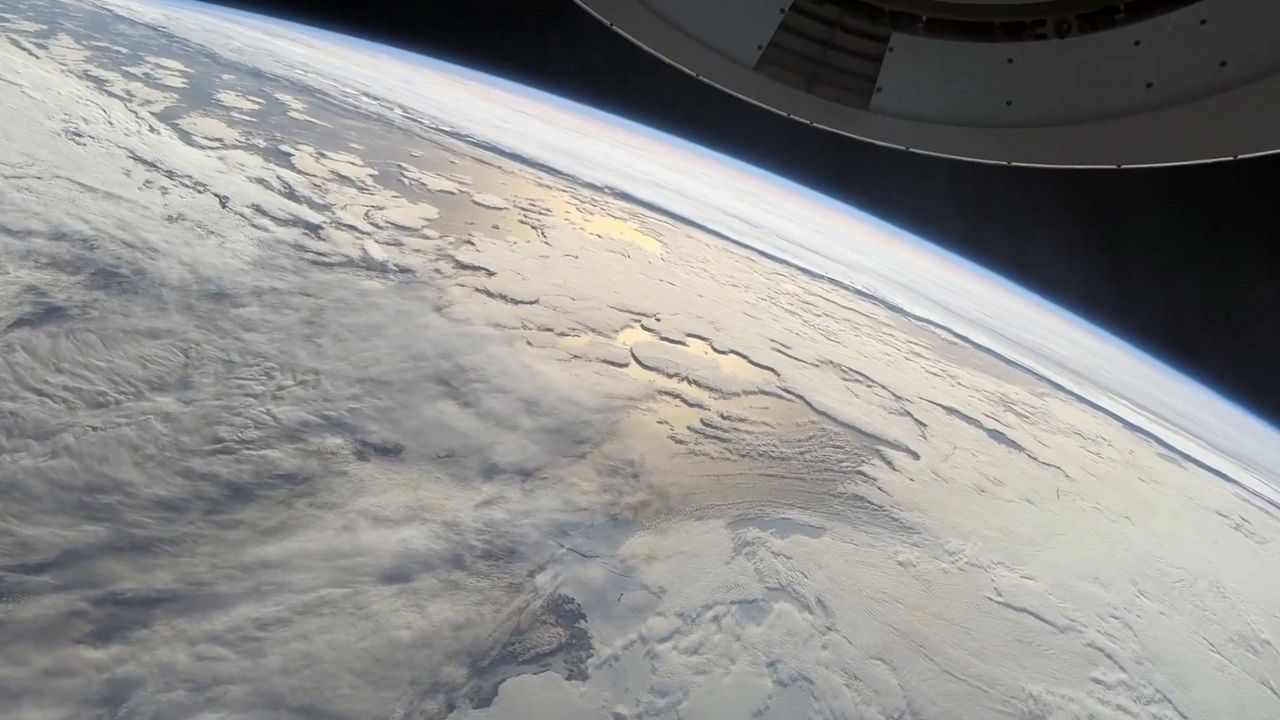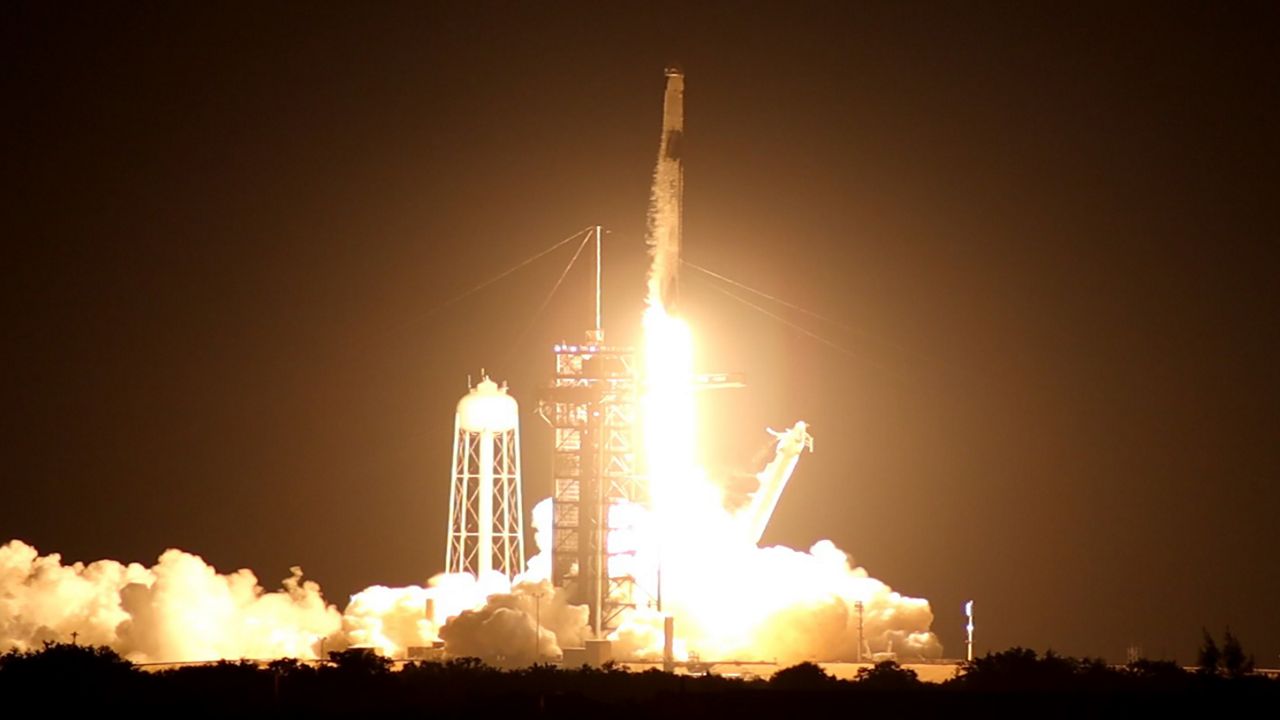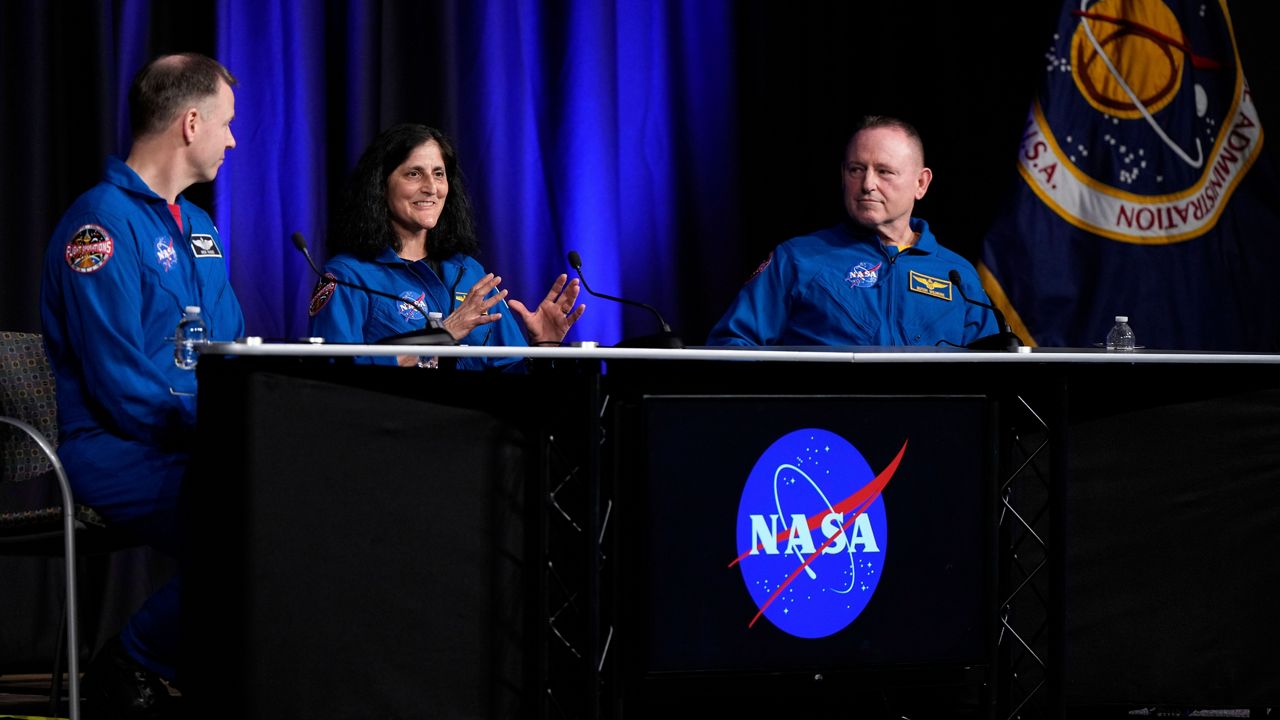CAPE CANAVERAL SPACE FORCE STATION — After dealing with some poor weather, SpaceX was able to launch more than 20 Starlink satellites on Wednesday night.
What You Need To Know
- The Falcon 9 rocket left from Space Launch Complex 40 at Cape Canaveral Space Force Station
Liftoff! pic.twitter.com/B1jcoMx4ML
— SpaceX (@SpaceX) October 23, 2024
Sending up the Starlink 6-61 mission was a SpaceX’s Falcon 9 rocket that took off from Space Launch Complex 40 at Cape Canaveral Space Force Station, stated SpaceX.
For Wednesday's launch, the liftoff happened at 5:47 p.m. ET, but the mission had backup opportunities available until 9:23 p.m. ET., SpaceX stated.
The 45th Weather Squadron gave an 85% chance of good liftoff conditions, with the only concerns being the cumulus cloud rule.
Find out more about the weather criteria for a Falcon 9 launch.
The launch window was also going to be Monday at 6:40 p.m. ET, but it was pushed back to 7:38 p.m. ET, before being scrapped all together. There is no official word as to why that happened.
For Tuesday's attempt, the launch window opened at 6:56 p.m. ET and was supposed to close at 10:14 p.m. ET. However, unfavorable recovery conditions forced a scrub on Tuesday night.
Taking off
Old Falcon 9’s first-stage booster for this mission, B1073, has seen 17 missions before this launch. And one of these missions includes ispace — a private Japanese space company — and NASA’s lunar mission.
- ispace’s HAKUTO-R and NASA’s Lunar Flashlight
- SES-22 telecommunications satellite
- Amazonas Nexus
- CRS-27
- Bandwagon-1
- 12 Starlink satellite missions
After the stage separation, it landed on the SpaceX droneship A Shortfall of Gravitas in the Atlantic Ocean.
Falcon 9’s first stage lands on the A Shortfall of Gravitas droneship, completing this booster’s 18th flight pic.twitter.com/cs5tMeQaj4
— SpaceX (@SpaceX) October 23, 2024
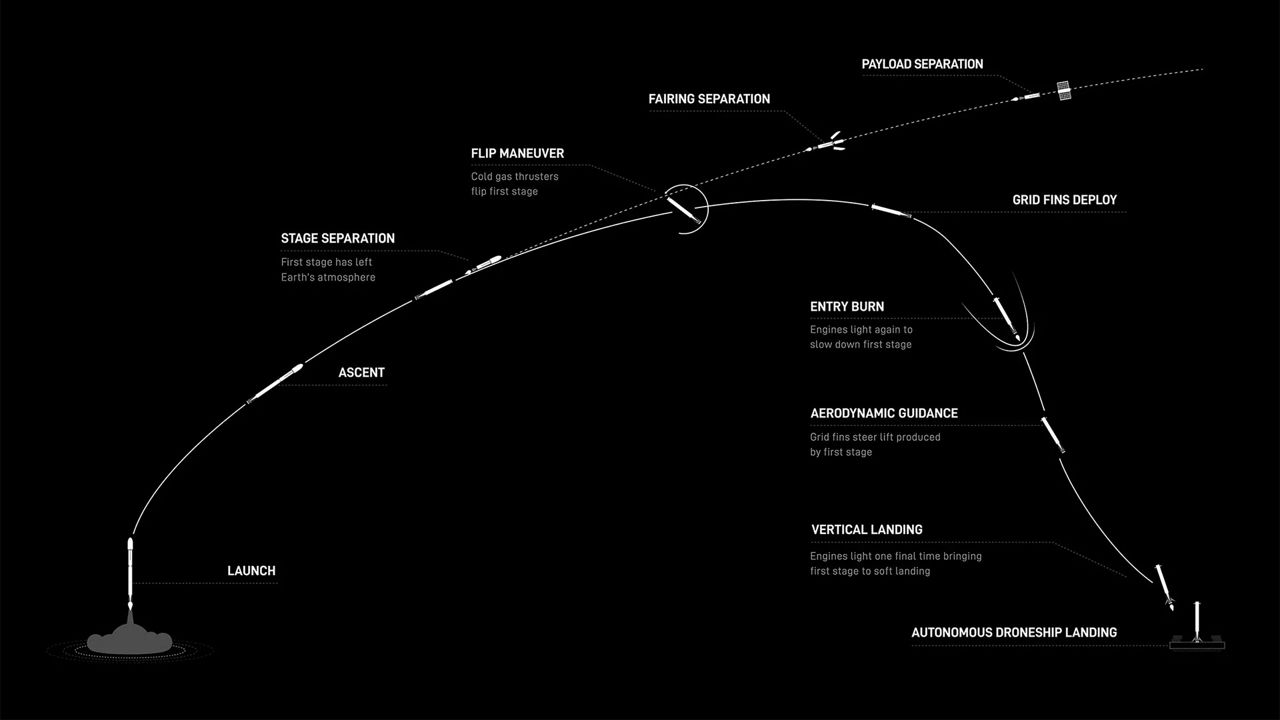
About the mission
The Starlink company, owned by SpaceX, will have 23 of its satellites going to low-Earth orbit.
These satellites provide internet service to many parts of the globe.
Harvard-Smithsonian Center for Astrophysics’ Dr. Jonathan McDowell has been documenting Starlink satellites.
Before this launch, McDowell recorded the following:
- 6,473 are in orbit
- 6,150 are in operational orbit




